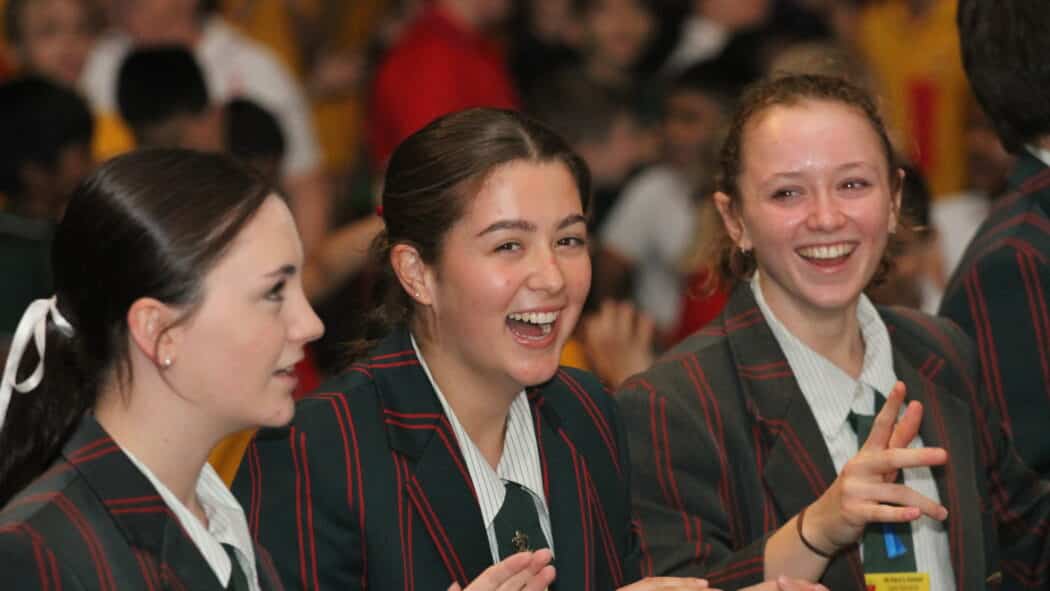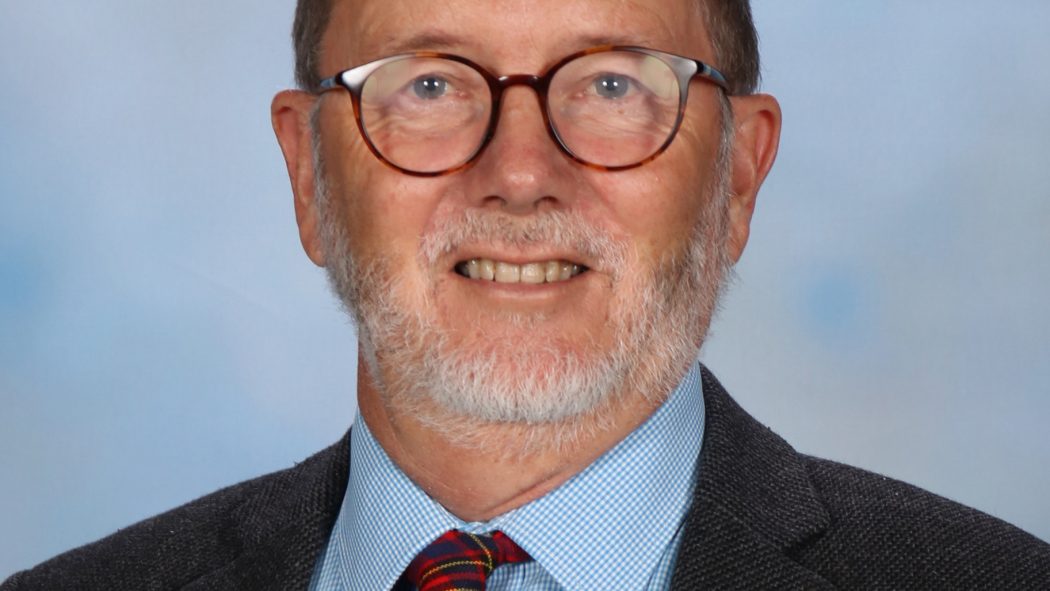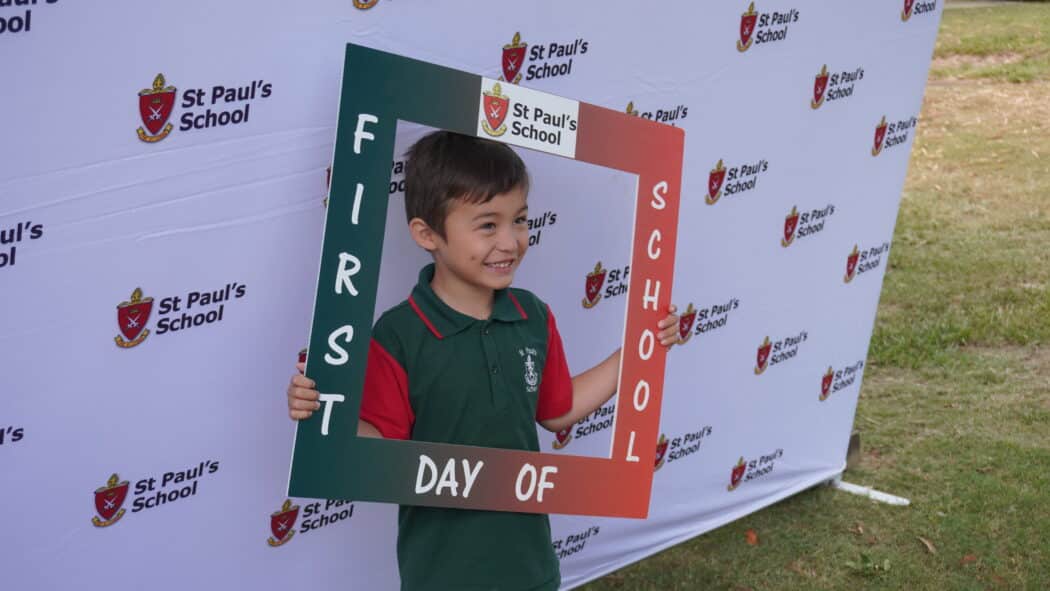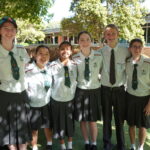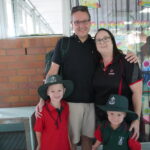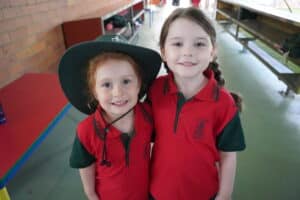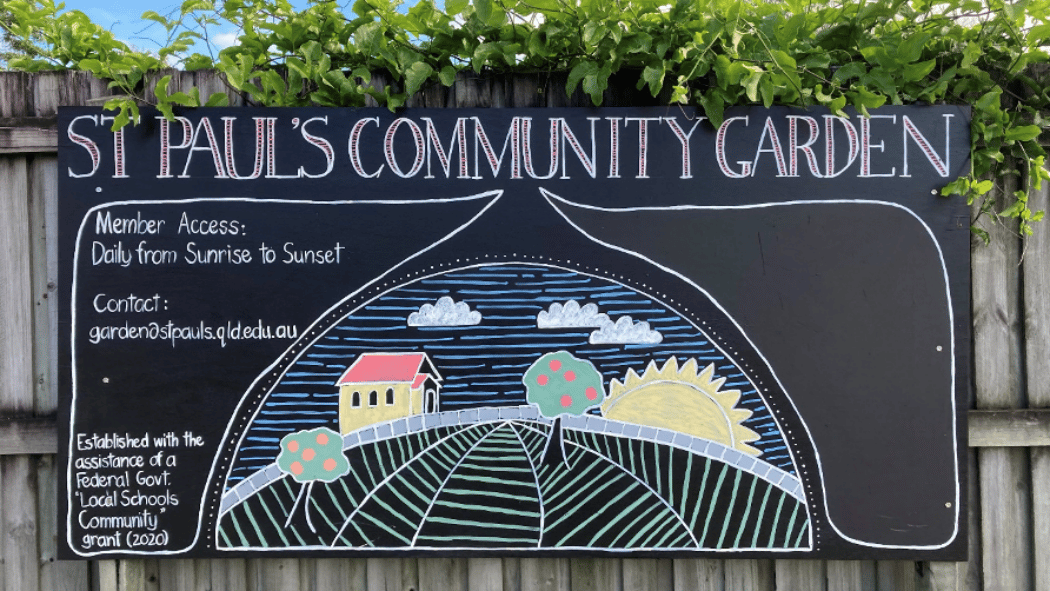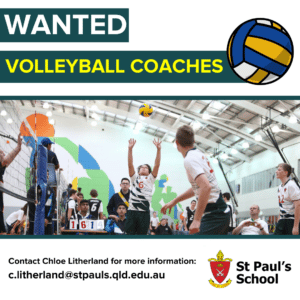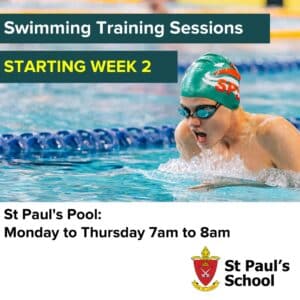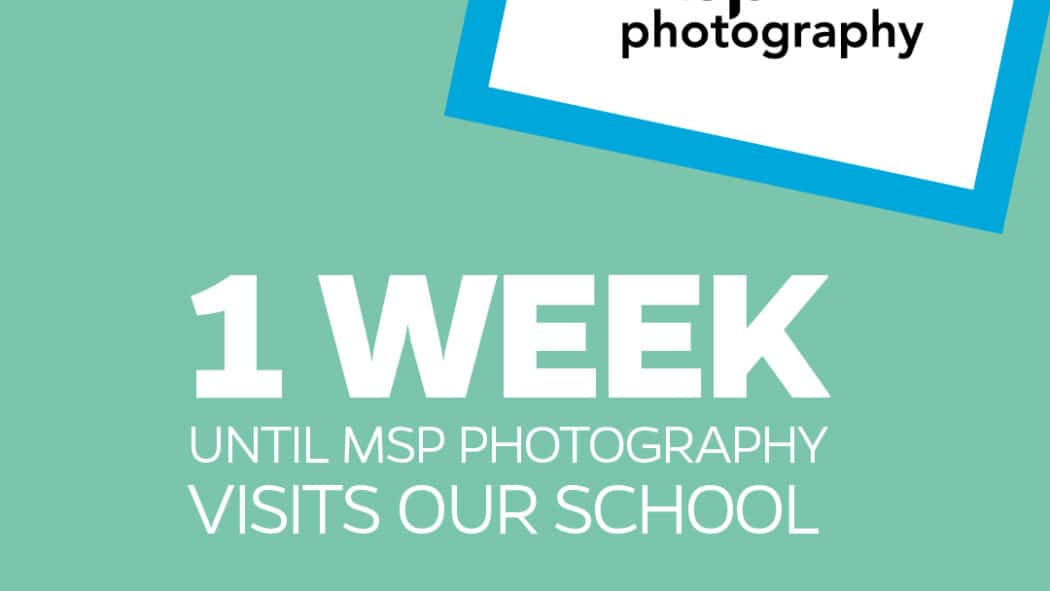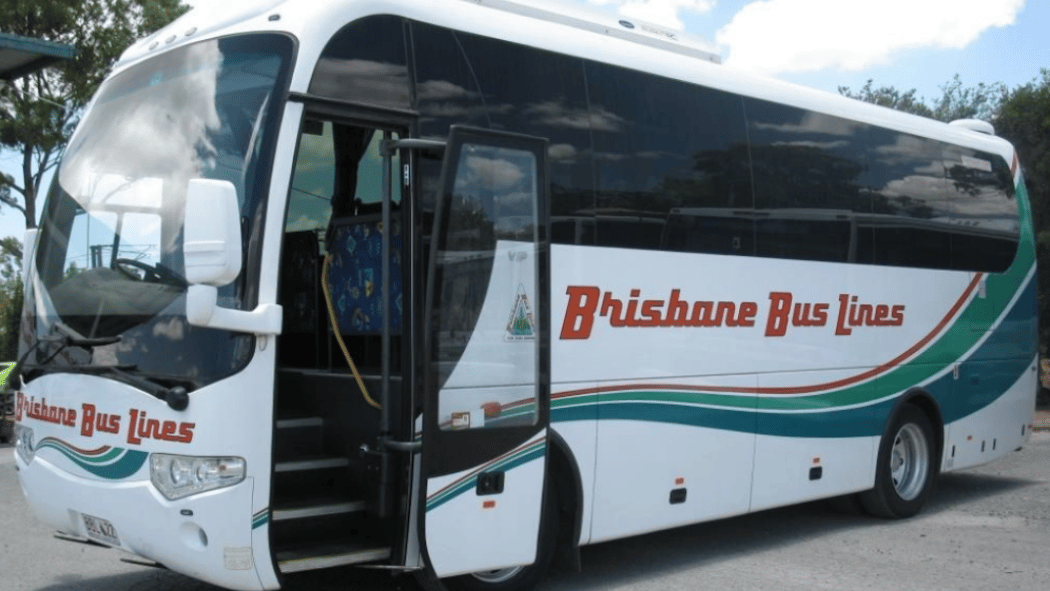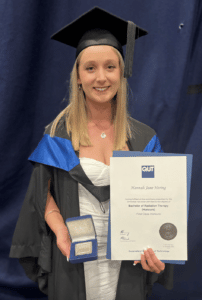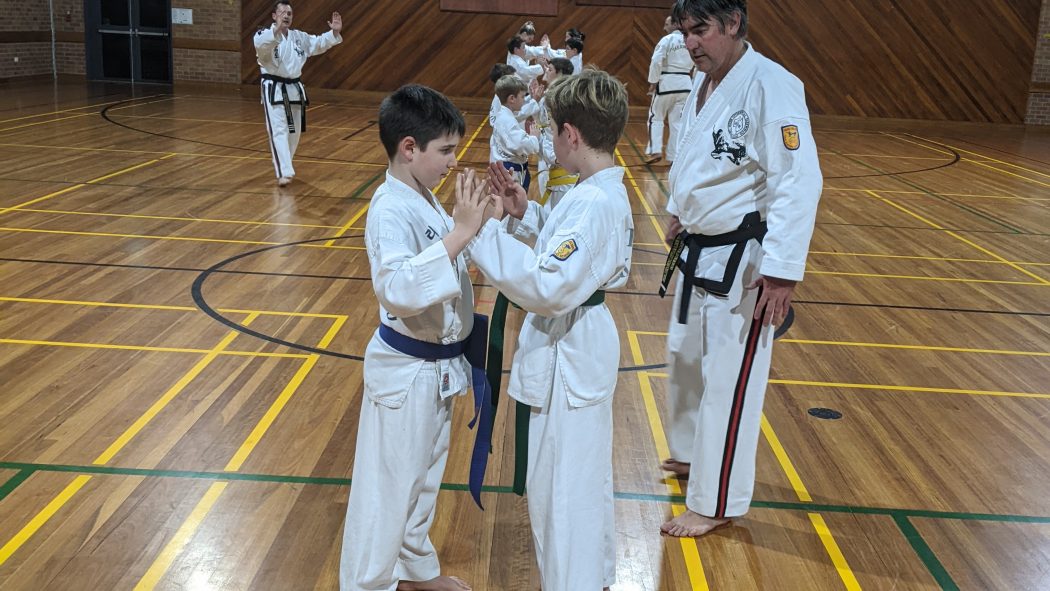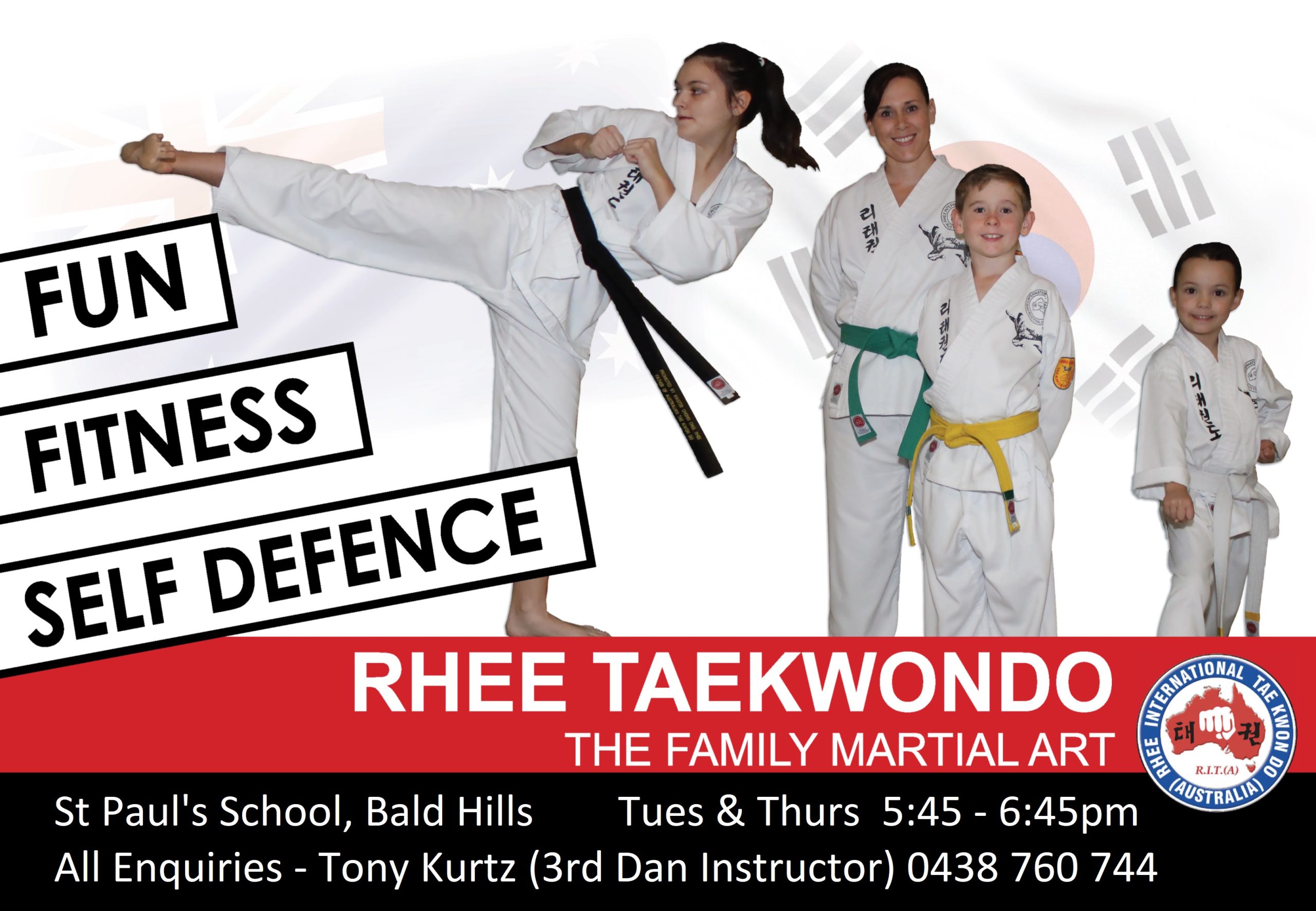I want students to memorise that statement because it is important. With you as their parents, we are helping them to achieve that goal as they journey through to the end of Year 12 at St Paul’s School.
You probably saw in the last few weeks that there is a new chatbot out, ChatGPT. It enables you to use AI to write an essay or code. There is other AI out that creates original artworks. Schools are worried about the emergence of AI like this, but we are not. Nor are we looking to ban it.
Back in 2014 when we looked to the world of 2028, we foresaw what is now becoming common place. We have entered the era of AI and robotics. It is an exciting world with endless possibilities, but a traditional academic education isn’t enough for our young people to flourish in that new world.
A few years ago, the Foundation for Young Australians produced a report that showed only 20% of graduates from schools will have the skills for the new jobs that are emerging as a result of the age of AI.
Content knowledge in this new world is important, but what will really give a young person the edge when they begin looking for employment (of even create their own job), are the character traits and values St Paul’s School seeks to instil in them and the skills and dispositions that allow them to think creatively, think like an innovator, think like an entrepreneur.
Realms of Thinking and Ways of Being are at the heart of who we are as a school and what we do to provide our students with an education worth having.
If our young people don’t develop the character traits found in the Character Framework and the skills and dispositions in Realms of Thinking, I fear that they won’t be adequately prepared to thrive in a world of AI. We have a moral imperative to offer a holistic educational experience.
I want young people to flourish and be ready to make a positive difference to the communities in which they will live and work when they finish school.
So, as the students start this new year, or for many of them, this new school, I strongly urge them to not only focus on their academic development, but also to get involved in the extra-curricular program: play a sport, join cadets, join a band, a debating team, the Anime Club. I encourage them to get involved in community service, to think of others and how they can improve their life. To be kind. To respect our beautiful environment and our fabulous facilities. Make sure they attend this year’s camp, think about going on an overseas tour. Make a friend from other country. Be open to the possibility that there is a God who loves them. And if they already know that don’t be afraid to tell others.
In the opening assembly this week I encouraged the student to wear their uniform well both on the school grounds and out in the community because they are proud of themselves and proud to be part of this community; to make sure their hair is cut properly and their shoes are shined.
In the classroom I reminded the students to listen to their teacher and thank them when they leave the classroom at the end of lesson. Good manners are a sign of good character.
As this new year starts, I reminded the students to focus on learning and ensure they are developing and practicing the skills and dispositions that are Realms of Thinking because, from this year onwards we won’t just be assessing their academic ability but also those dispositions like empathy, the ability to deal with ambiguity, the willingness to take risks, the ability to collaborate.
And from the middle of next year, we are going to start reporting to you, as parents how your son/daughter is developing those skills and dispositions that are Realms of Thinking, their character development, as well as their academic achievement, in a new report called a Learner Profile, which ultimately, will become a highly sought after credential recognised by universities and employers.
So, I want all students to remember what this school is all about. As I get to know those new students who have joined us I might stop them and ask them why they are here. The right answer is not, ‘because my parents made me,’ or, ‘my mum or dad went here’, it is, “to become a resilient global citizen, who is an innovative thinker with a heart for servant leadership”.
 Dr Paul Browning
Dr Paul Browning
Headmaster

